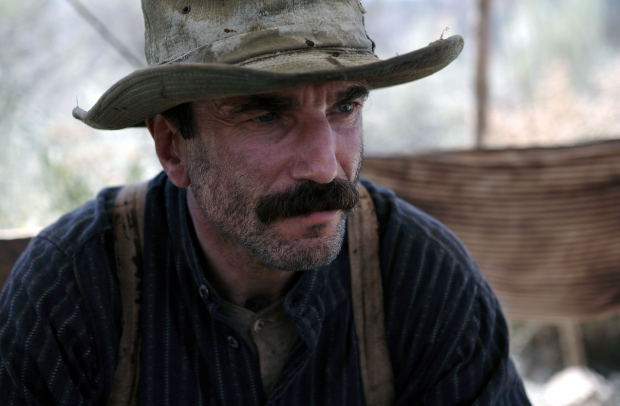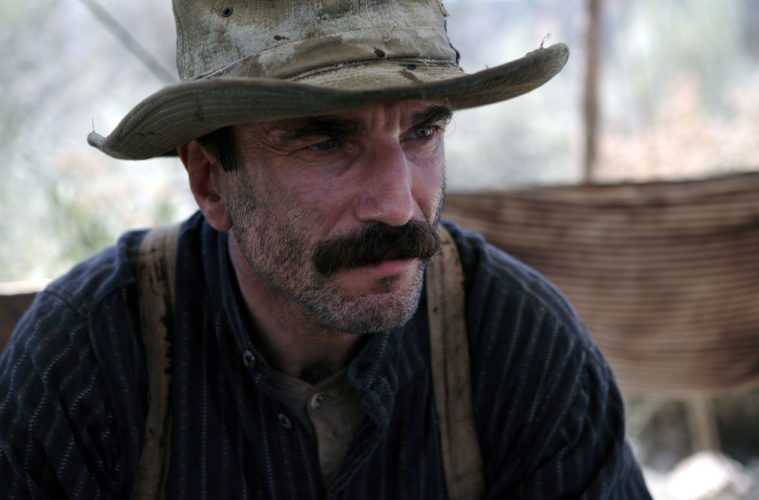
Dailies is a round-up of essential film writing and other highlights from our colleagues across the Internet — and, occasionally, our own writers. If you’d like to submit a piece for consideration, get in touch with us in the comments below or on Twitter at @TheFilmStage.
For the first time ever, Jonny Greenwood will score There Will Be Blood live at a London screening this summer.
At BBC, Christian Blauvelt looks at ten controversial films that were buried.
At Film Comment, Dan Sullivan explores the timeline of hybrid cinema:
“All great fiction films tend toward documentary, just as all great documentaries tend toward fiction . . . He who opts wholeheartedly for one necessarily finds the other at the end of his journey.” Jean-Luc Godard’s words are perhaps the best (and snappiest) expression of the fact that, since the dawn of the medium, cinema has fully and equally relied upon its essential combination of authorial artifice and photographic reality. In other words: it requires a degree of artistic intervention for Frederick Wiseman to achieve the fly-on-the-wall, life-as-it-is-lived sense that is manifest throughout a film like High School, just as Straub-Huillet’s intensely stagey History Lessons also contains some of the most ravishing and immersive images of Rome ever committed to celluloid or video.
Kino Lorber has announced they’re bringing Billy Wilder‘s Witness of the Prosecution, The Private Life of Sherlock Holmes, Marty, and more to Blu-ray for the first time.
At RogerEbert.com, Brian Tallerico writes on the civilizing power of cinema at Ebertfest:
What is the purpose of a film festival? The modern definition has changed over the years to reflect the fact that fests like Sundance and Toronto are marketplaces as much as they are celebrations of film. Producers and filmmakers go there to get distribution for their work, which creates a business atmosphere that can distract from an appreciation of the art form. It’s hard to discuss form at after parties or racing from red carpet to world premiere. Roger Ebert’s Film Festival, which just closed its 16th annual incarnation (and is also known as Ebertfest), reclaims the entire concept of the film festival from the businessmen who have arguably skewed its purpose. At Ebertfest, an appreciation of not just film but the way it intertwines with the human condition sits in the front row of every screening. The entire program becomes not just about the specific films but the people who made them, the people who watch them, and the people who write about them. So much of what we do in the world of cinema divides these groups—audience, critics, filmmakers. For four days in Champaign-Urbana, the restrictions of those roles disappear. We are one common thing: film lovers.
Watch the Moby-directed video for David Lynch‘s The Big Dream:

